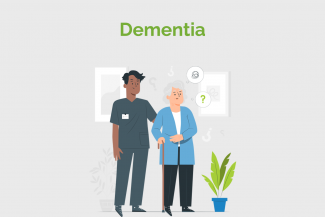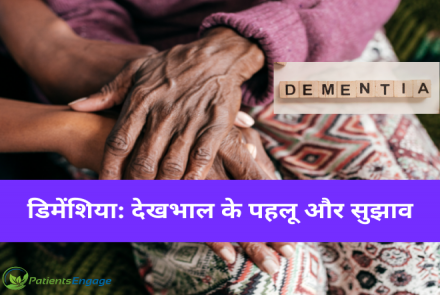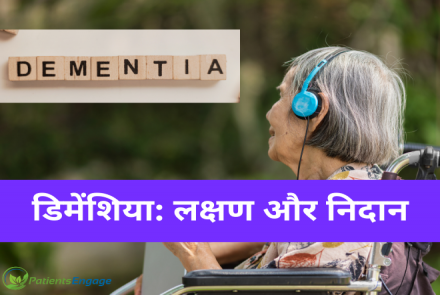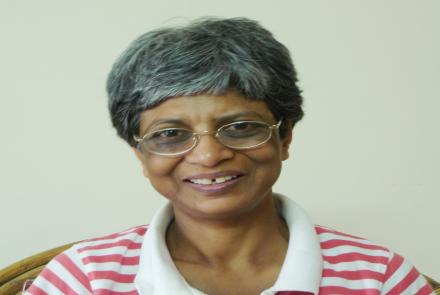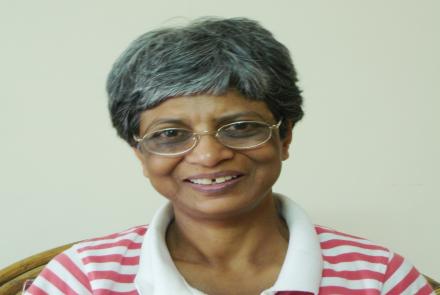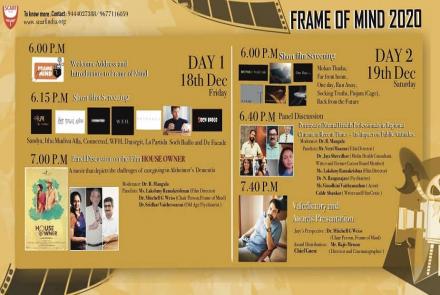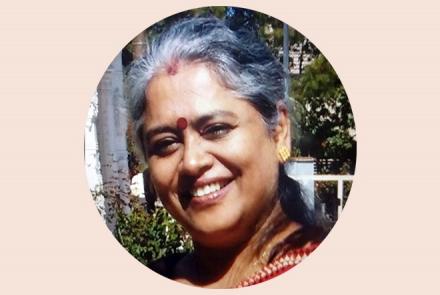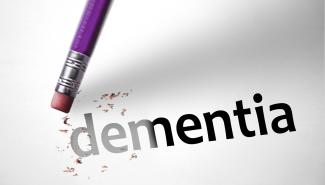
is a broad term for a range of conditions that involve loss of mental ability and so cause problems with memory, language, behaviour and emotions. Dementia is most common in the elderly. Around five percent of people over the age of 65 are affected to some extent.
According to Alzheimer’s Disease International, in 2013, there were 44.4 million people with dementia. But with increasing life expectancy, this is expected to surge to 75.6 million in 2030. Some of the fastest growth in elderly population is taking place in China and India.
Dementia is caused by problems in the way the brain works. The brain is made of billions of brain cells or 'neurons’, through which electrical signals pass. Normally these cells signal to each other through narrow gaps (synapses) with the help of chemicals called 'neurotransmitters'.
Dementia is caused by neurons not working properly or dying. This often changes the levels of different neurotransmitters, which affect the functioning of the brain. Dementia is not a normal part of aging. It is different from the mild forgetfulness that can occur in the elderly.
Related reading:
Types of Dementia and Complications
Causes of Dementia and Risk Factors

